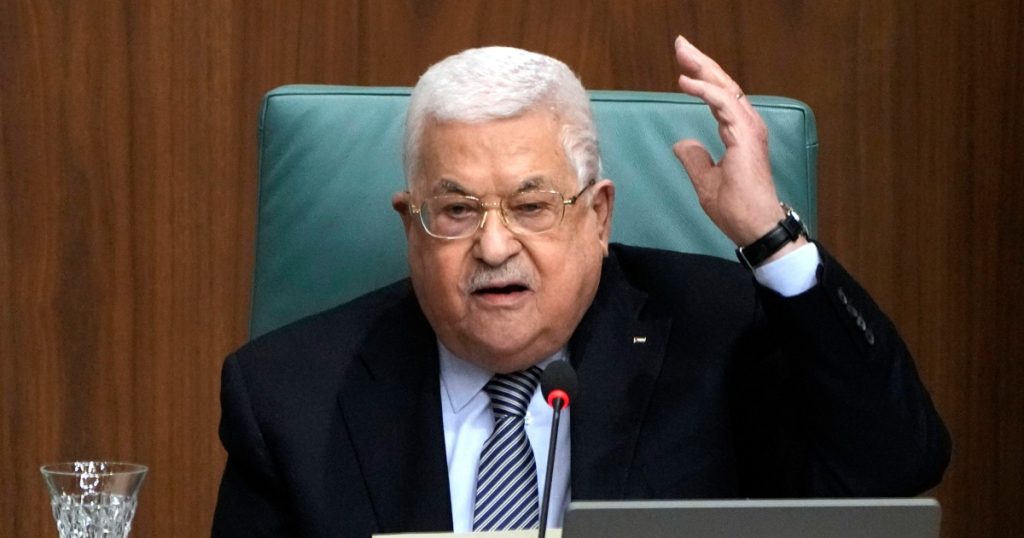The United States has embraced the new Palestinian autonomy government, viewing the revised Cabinet lineup as a crucial step towards political reform. The Biden administration is advocating for the revitalization of the West Bank-based Palestinian Authority, with the hope that it can eventually oversee the Gaza Strip following the Israel-Hamas conflict. The conflict, which began six months ago, was sparked by a Hamas attack on Israel. The U.S. State Department is optimistic about working with the new ministers to enact credible reforms that would benefit the Palestinian population in both the West Bank and Gaza, ultimately fostering stability in the region. The Palestinian Authority, led by President Mahmoud Abbas, holds control over parts of the Israeli-occupied West Bank but lacks widespread support and legitimacy among Palestinians, who often view it as complicit in Israel’s occupation due to its security cooperation.
President Abbas recently appointed U.S.-educated economist Mohammad Mustafa as prime minister, who subsequently announced his new Cabinet lineup. The new government is comprised of relatively unknown technocrats as well as members of Abbas’ Fatah movement, but it remains unclear if the Gaza-based ministers are currently residing in the region following Hamas’ takeover in 2007. The U.S. envisions a reformed Palestinian Authority to take charge of Gaza’s administration post-war, despite objections from both Israel and Hamas. Reconstruction efforts will be a monumental task for the Palestinian Authority, given the extensive damage to critical infrastructure during the conflict, which has resulted in significant casualties, displacement of the population, and severe humanitarian crises. Israel intends to maintain security control over Gaza and collaborate with non-affiliated Palestinians, making it uncertain who will be willing to accept such a role.
Hamas has emerged as a key player in Gaza and has warned against any cooperation with Israel to govern the territory, threatening those who engage in collaboration with death. The militant group has rejected the legitimacy of the new Palestinian government and called for a power-sharing arrangement between all Palestinian factions, including Fatah, in preparation for long-awaited national elections. These elections have not occurred in nearly two decades, further complicating the political landscape of the region. The role of the United States in supporting the Palestinian Authority is seen as crucial for establishing stability and delivering much-needed reforms that could benefit the Palestinian people and pave the way for a resolution to the conflict between Israel and Hamas. Much remains uncertain as to how these developments will impact the situation on the ground in Gaza and the broader region.













